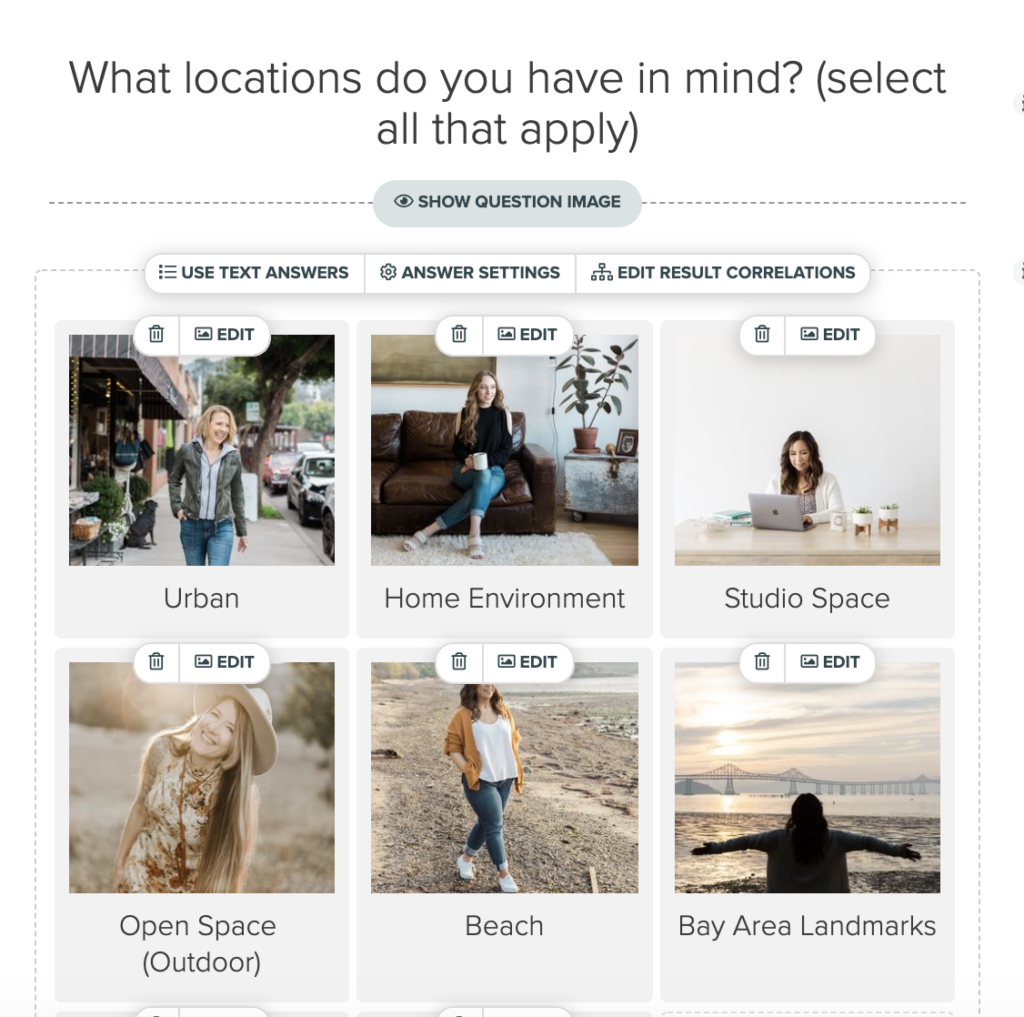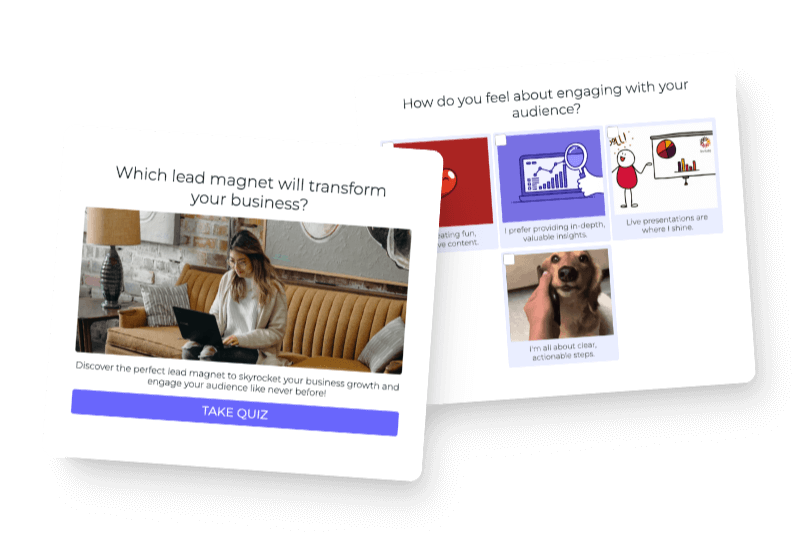There is enormous value in creating emotional connection. According to a Harvard Business Review study, fully connected customers are 52% more valuable, on average, than those who are just highly satisfied. (Source)
Furthermore, advertising research reveals that a consumer’s emotional response to an ad has a far greater influence on their reported intent to buy a product than the ad’s content does—by a factor of 3-to-1 for television commercials and 2-to-1 for print ads. (Source)
I could keep going. There are statistics for days about the power of emotions in advertising, sales, customer loyalty—the list is endless. No matter what you’re selling or how you’re selling it, emotions play a huge role in purchasing decisions.
What is emotional connection with customers?
“Feeling connected means feeling in touch with someone who cares about us.” (Source)
Put another way, it’s the old story of being “not just another number” to a company, but actually being seen as a human being the company values.
Historically, this has fallen under the umbrella of customer service, and while that is still mostly the case—and there will never be a replacement for a human being having a conversation with a customer—there is now an option to begin the process of creating emotional connection using a quiz.
How quizzes begin the process of creating emotional connection
Quizzes show customers that you understand them—and when people feel understood, life satisfaction increases.
A two-week diary study showed that people reported greater life satisfaction and fewer physical symptoms on days when they felt more understood by others. (Source)
One way to really make people feel understood is by anticipating their needs and offering help proactively. Offering quiz answer choices that reveal unknown but desired solutions empowers customers to make informed decisions.
For example, the other day, I was helping a photographer customer build a quiz. We wrote a question asking the customer which types of photos they liked most, to help them find the best type of photoshoot to meet their needs.
We talked about how asking that particular question presents options for taking photos that the customer may not even be aware of yet. It intends to show a deep understanding of the customer’s needs and then offer a solution without them having to ask.

When someone sees the above question on the quiz, they feel understood because the types of photos being shown not only match what they already have in mind but also show options they may want but haven’t thought of yet.
It’s almost like the quiz is reading their mind, like it understands them and their needs, which, of course, is a result of the person who made the quiz knowing their customers well enough to anticipate the customers’ needs and offer solutions.
Practical Tip: If you want to begin showing your customers you understand them and create connections, ask questions that show you know who they are. Impress with proactive options that address their problem and introduce new solutions they might have overlooked.
Ask about the person
Often, when people build quizzes with Interact, most of the focus goes on the business value and trying to maximize the impact of the quiz. It can be easy to forget the people who are actually going to take your quiz.
But, if you shift your focus over to the person taking your quiz, you can find a gold mine. What questions would they like? What do they wish people would ask them about? What’s important to them, and how can you make sure to ask about it?
After a decade of experience, I’ve learned that the finest quizzes prioritize understanding the quiz taker. To customize a product or service for someone, you need to know their identity and consider their requirements.
Practical Tip: Put yourself in your customers’ shoes. What would you want to be asked? What is important to you? What matters to you? If your customers recognize themselves in your quiz, the quiz will do the selling for you.
Ask about values
“Values are individual beliefs that motivate people to act one way or another. They serve as a guide for human behavior.” (Source)
We all have values that drive our behavior toward one another. These values are often near and dear to us. Asking someone about their values in a non-judgmental will build a bridge between you and that person.
Practical Tip: When you ask about values, tie the topic to your quiz or business. That way, you’re asking about something related to your domain of expertise, but also asking about a broader set of values simultaneously.
Ask about the “Why”
If you have 16 minutes, watch Simon Sinek’s Ted Talk: Start with Why. The basic premise is that if you want to inspire people toward action, you have to start with “why.” But, to go one step further, instead of sharing your “why,” ask people about theirs, and then align yourself to it so you can accomplish it together.
Asking why is also a great way to create a memorable experience. When someone puts themselves in a position to look inside and self-reflect, it becomes an unforgettable experience. My most memorable interview was one in which the interviewer simply asked “why” over and over again, drilling into my motivations.
Practical Tip: Respond with empathy when asking someone about their “why.” Maybe you don’t agree with someone’s “why” or maybe you can’t help them achieve their goals, but you can always empathize, try to see things from their point of view, and connect.
Ask about struggles and pains
After communicating a struggle or pain you’re going through, how would you feel if the other person responded by saying, “We’ll get through this together”? For most people, this response reduces stress. As social creatures, one of our biggest fears is having to go through hard times alone.
While your company can’t help people with everything they’re going through, you can connect and come alongside someone who is struggling with a problem that you are an expert in solving.
Practical Tip: Offer answer choices that focus on your customers’ biggest struggle and what they most likely have a hard time with.
Ask about wants and needs
An important aspect of any emotional connection is a clear understanding of wants and needs. What makes life full for your customers? What do they need to enjoy life and feel at peace?
In the workplace especially, setting out what you want and need is important. Brene Brown says that it’s actually the leading indicator of whether or not you assume best intent from others. If you voice your desires and needs, your perception of others will improve.
Practical Tip: You can ask what people want and need without being blunt. Speak in the same way your customers do. Inquire about desires and requirements in your customers’ language, as each niche has unique vernacular.
Create emotional connection and honor it
Emotional connection is extraordinarily powerful, and when it’s acquired using quizzes, great movement can happen. Of course, any time you hold a lot of power, strong responsibility accompanies it; it’s on you to decide what to do with it.
The types of emotional connections I’m talking about in this piece are meant to be used in a positive way. When people feel connected, life is better. Unfortunately, though, people can also use emotions negatively, to manipulate.
We believe that quizzes can be used for good, to help people understand one another and, therefore, be more kind. It’s written in Interact’s values: we put people’s interest ahead of profit. One of the ways to do that is by using emotional connection for good rather than to coerce people into paying more money.
All of this is to say that quizzes have a huge edge on other forms of marketing because they tap into emotions, and when emotions are involved, a whole new world opens up.






